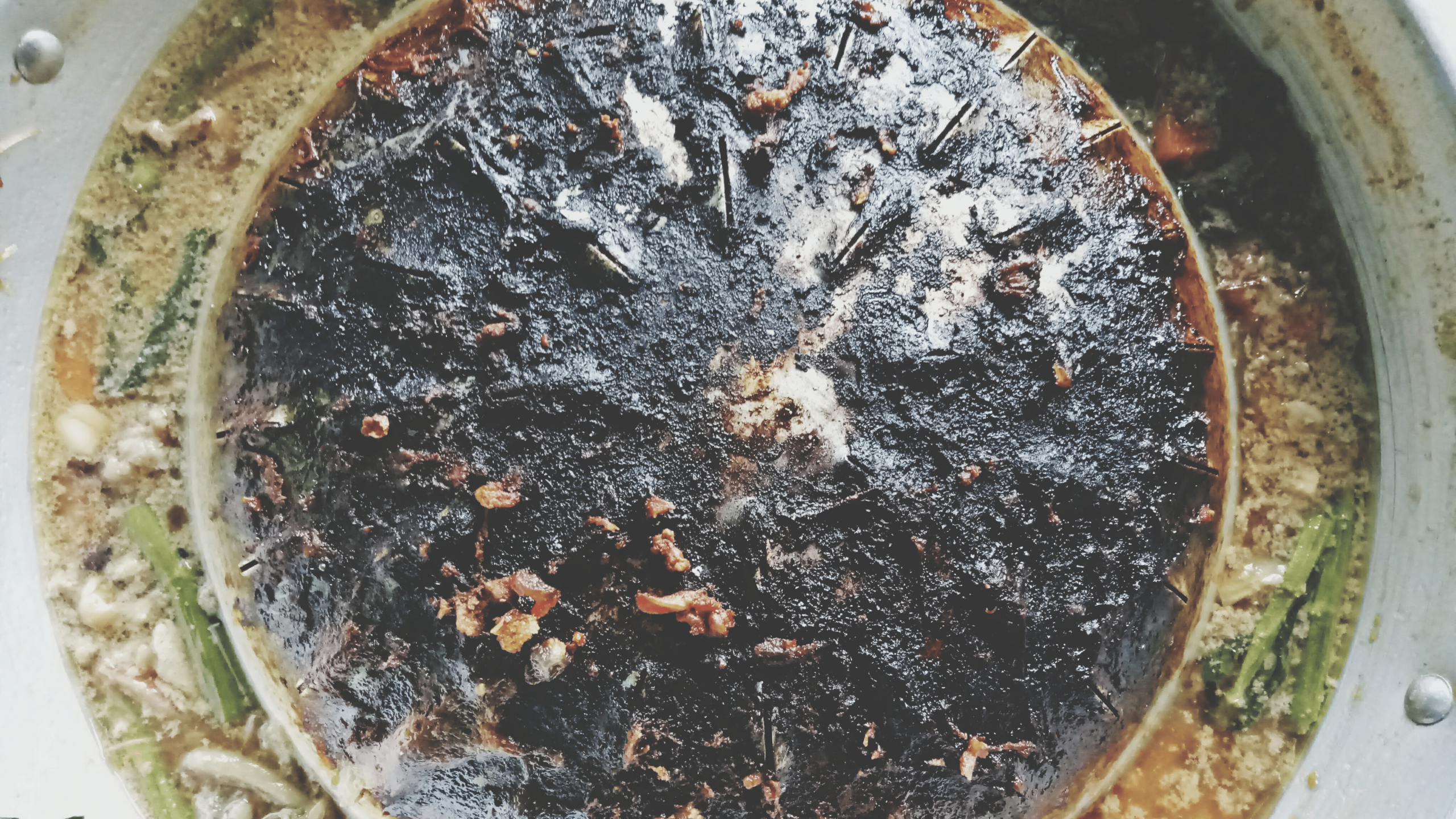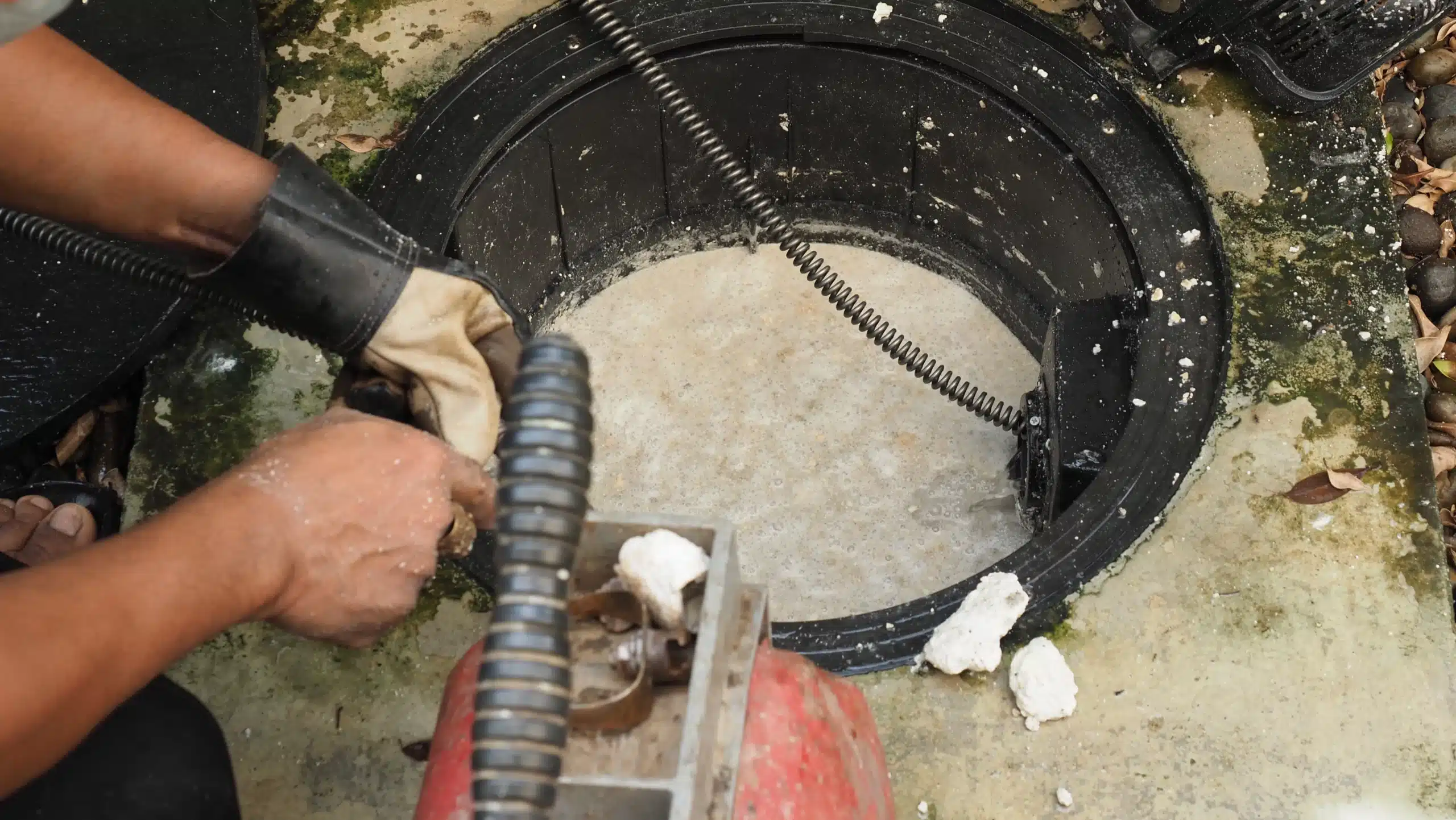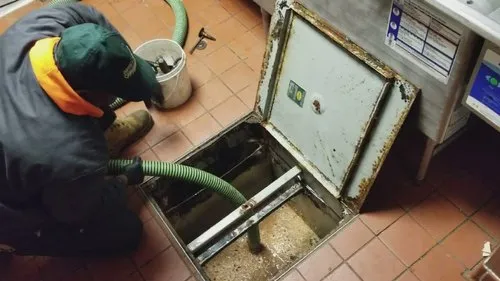Do These Things To Get Rid Of The Smell From Your Restaurant Kitchen
If you are a restaurant manager or owner, you need to know how to remove odor from a restaurant fast, because your customers will associate it with food contamination. The nasty odors coming from the faulty restaurant drainage will chase your customers away. Luckily, there are effective measures to remove the smell before it permeates the restaurant sitting area.
Keep reading to see actionable tips to remove and prevent the smells from your kitchen.
1. Identify where the odor comes from
The commercial kitchen is definitely a mix-pot of all types of smells. Therefore, knowing the most common areas that could generate odor can help you employ preventative measures.
Here are the most common sources of kitchen odors:
Grease trap
This is without doubt the first culprit of a sewage smells in your kitchen. Lack of proper maintenance for the FOG trap causes notorious odors that not only invade the kitchen, but the parking and eating areas as well.
If you are experiencing a rotten egg smell, that is definitely the grease interceptor that is to blame. The kitchen drainage system also gets clogged up with food materials, which start to rot, and send the odorous fumes back up the sink, or through the floor drain.
The food you are cooking
Cooking seafood, beef, and other types of food in the same confined kitchen space can whip up a serious odor.
Raw seafood and meats emit an odor, so a proper inspection of the fridge is necessary. The raw odor gets worse when it combines with other odors in the kitchen. Please note, the food smells do not only come when cooking, but they also come from the stored food.
Carpets
If you have carpets, ignoring to vacuum them can lead to the odor development. Food and drink spills on the carpets get absorbed fast, as are other contaminants that customers bring in on their shoes. Carpets practically take everything down, and if they absorb moisture, they start to smell really bad.
Raw foods and spices
Some foods such as spices, onions, garlic, and cheese develop an odor when they come into contact with water. When cheese becomes stale, it produces a bad smell that can waft its way to the eating area. Even without spoiling, these foods produce strong odor that your customers wouldn’t like.
2. Clean the grease trap on time
It is recommended that you clean the grease trap as soon as the grease level is 25% of the tank. If you do not clean it then, there is a risk of odor backing up through the floor drain, and the sink. It can spread faster to all parts of your restaurant.
If the grease trap cover or its gasket is broken, the odor can escape easily and flow to your restaurant. Thus, grease interceptor service must include the repair and maintenance of the worn out parts.
There is also a danger of having the grease backup onto the kitchen floor, the street or the parking area. It smells so bad, and besides losing a lot of business, you will also face stiff penalties from the city authorities.
Depending on the size of the trap, cleaning is recommended at intervals of Once, twice or thrice every three months. However, the small indoor grease interceptors need to be cleaned once every 14 days.
The big FOG traps take longer to fill, so the cleaning frequency is not as high as that of the smaller ones. However, if you experience a rotten egg odor getting to the restaurant, check whether the FOG tank vent pipe faces where it should.
3. Use an air purifier with activated carbon
According to IQAIR, the top four cities with the most polluted air in the USA are in California. This is bad, considering that the food service industry is a major economy driver for California.
If you have your restaurant in a place like Calexico, Yucaipa, Los Angeles, or El Centro, you will have the regular restaurant odors to get rid of, as well as other air pollutants.
Thankfully, today, there are many large space air purifiers with activated carbon filters. They pull in the polluted air, absorb the odor, filter out other pollutants such as mold, heavy metals, bacteria, and release the purified air back into the room. They can even neutralize ozone, and they require minimum maintenance.
4. Clean with vinegar and baking soda
White vinegar and baking soda are some of the most superb cleaners in the market today. They are able to break the odor molecules, leaving your restaurant smelling fresh all day long.
Baking soda is perfect for breaking the old grease, food molecules on the carpets, and other types of dirt. Sprinkle it generously on the kitchen floors, and then vacuum it up. You can also make a paste and spread it on the dirty surfaces.
Before closing for the day, place a bowl of white vinegar on the kitchen counter and leave it there overnight.
The vinegar is very good for absorbing the old grease smells. If you fried seafood, and it left behind odorous used cooking oil, the vinegar will help with that.
Before you close for the day, vacuum the carpets to remove the food and drink spills. Also, in places with high humidity, mold can grow on, and under the carpets.
5. Clean the freezers and fridges and blast the drains
Kitchens store a lot of raw food, including meats, which are a source of different types of odors. To mask this order, you could use an essential oil diffuser, keep it running during the day.
Better yet, clean the freezer and the fridges thoroughly, take out the trash and keep the used cooking oil bins covered.
Remember to clean your kitchen floor and sink drains with high pressure water jets. This is going to dislodge any grease stuck inside the drains before it can start rotting and sending the fumes back into the kitchen.
Conclusion
Restaurants and odors are like twins, so you must do everything possible to purify the air. Daily cleaning alone is not enough, as it addresses the symptoms alone. You need to take care of the main cause of the odor, and some sources need to be addressed by professionals.
For instance, if you suspect that the smell is coming from your kitchen drainage system, it means your pipes are clogged, or almost. This also means something is wrong with the grease trap. Therefore, you need a grease interceptor cleaning service to nip this problem at the root.
If you are experiencing rotten egg odor in the kitchen, contact us at Grease Collection. We will empty and clean your FOG trap. We shall also work out a proper cleaning schedule with you, so that the problem does not recur.


